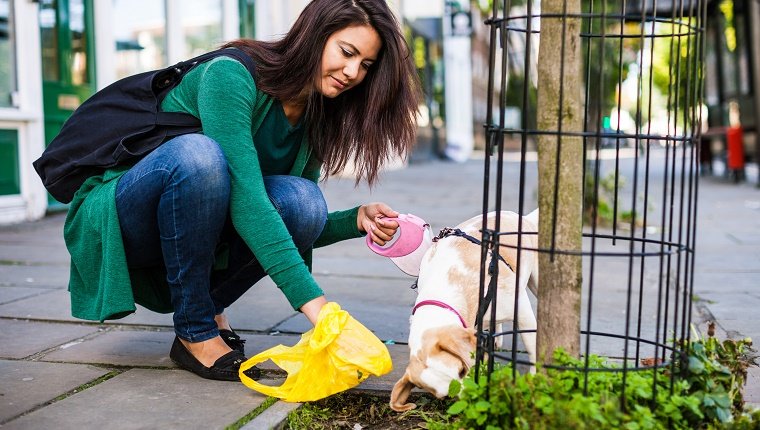Dog parents have to have a high tolerance for being grossed out. We’re expected to clean up after our pups, and not many of them are trained to use a toilet.
But picking up your dog’s poop isn’t just a courtesy or a matter of public health; it’s a chance for you to find out what’s going on inside your pup. Dog feces can…




